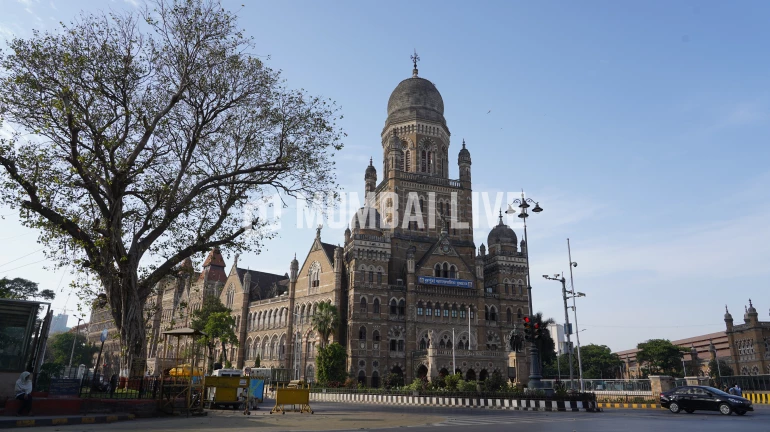
The city has been plunged into a severe water crisis following the indefinite strike launched by the Mumbai Water Tanker Association (MWTA), prompting the Brihanmumbai Municipal Corporation (BMC) to invoke emergency powers under the Disaster Management Act, 2005. Officials stated that starting April 15, all privately-owned water tankers, borewells, and wells would be brought under temporary civic control to ensure uninterrupted water supply across the city.
The decision was said to have been taken after widespread disruption in water supply was reported in several residential and commercial areas over the past four days. Sources within the civic body mentioned that the requisition would be supported by the Regional Transport Office (RTO) and the police department, and that tanker drivers, cleaners, and office staff would also be included in the order.
According to senior civic officials, the requisition order had been issued to prevent a worsening of the crisis and to ensure equitable distribution of water until the strike is resolved. It was clarified that borewells located within private residential societies, which are used exclusively by residents, would not be taken over under this directive. The strike, which began on April 10, was called by the MWTA in protest against recent notices issued by the BMC. These notices had reportedly directed borewell and ring well operators to either halt supply or obtain fresh licenses from the Central Ground Water Authority (CGWA). Although the BMC had later postponed the implementation of these notices by two months, and Deputy Chief Minister Eknath Shinde had instructed that the existing norms remain unchanged until mid-June, the association continued its agitation, demanding formal changes to the CGWA regulations.
It was estimated that over 2,000 private water tankers typically help supplement Mumbai’s water demand by sourcing water from thousands of privately-owned borewells and wells. With a daily requirement of 4,505 million litres, and the BMC able to supply only about 3,950 MLD, many areas have long depended on these tankers for their daily needs. Their absence has led to dry taps, mounting distress, and the suspension of water-dependent civic infrastructure works.
In view of the ongoing crisis, the BMC was reported to have released a comprehensive Standard Operating Procedure (SOP) on Sunday to streamline water supply during the requisition period. As per the SOP, ward-level teams would be formed comprising engineers, health officers, police, RTO staff, and other civic officials to manage operations. Residential societies were being asked to place tanker requests at designated centres, submit payment as per market rates with an additional administrative charge, and provide records of past usage to justify their demands.





